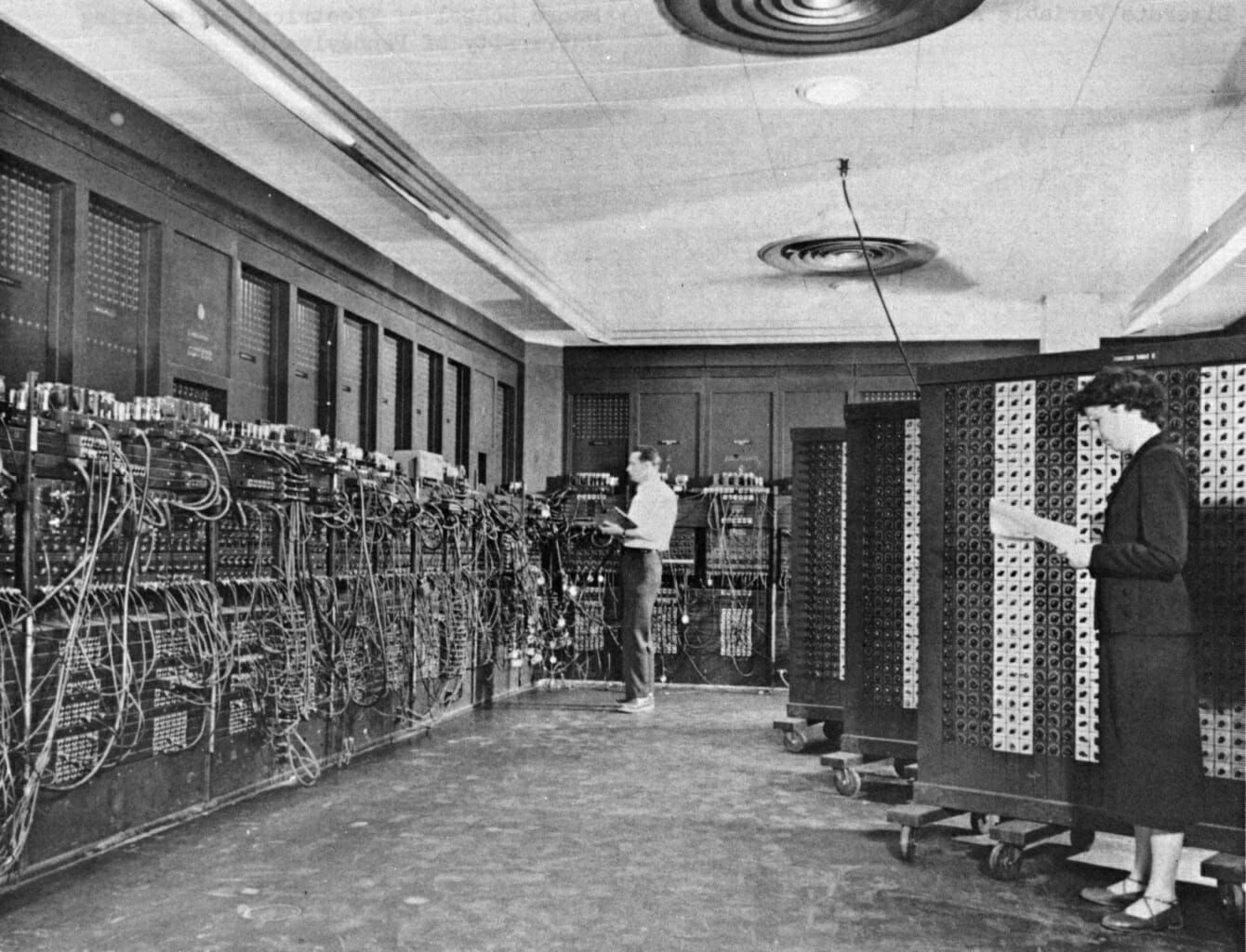Universitetsavisen
Nørregade 10
1165 København K
Tlf: 21 17 95 65 (man-fre kl. 9-15)
E-mail: uni-avis@adm.ku.dk
Foredrag
Foredrag — Eniac, Electronic Numerical Integrator and Computer. The six women now celebrated as the “first computer programmers” were actually hired as computer operators and worked hands-on with the machine around the clock. https://en.wikipedia.org/wiki/ENIAC .
Date & Time:
Place:
Aud. 10, H.C.Ørsted Institutet, Universitetsparken 5, 2100 Kbh.Ø
Hosted by:
Videnskabshistorisk Selskab, http://videnskabshistorisk.dk/index.html .
Cost:
Free
Foredrag på engelsk af Information historian Thomas Haigh, Associate Professor at University of Wisconsin-Milwaukee, med titlen “Working on ENIAC: The Lost Labors of the Information Age”.
Books and shows about the history of information technology have usually focused on great inventors and technical breakthroughs, from Charles Babbage and Alan Turing to Steve Jobs and the World Wide Web. Work by non-geniuses, particularly operations work, has been written out of the popular history of innovation, but without it no computer would be useful. Information historian Thomas Haigh is writing it back in. This talk focused on ENIAC, the first general purpose electronic computer, based on research for his book ENIAC in Action: Making and Remaking the Modern Computer, recently published by MIT Press. Haigh explains that the six women now celebrated as the “first computer programmers” were actually hired as computer operators and worked hands-on with the machine around the clock. Other women, who actually built ENIAC, have been forgotten entirely, as have the contributions of other people working on vital aspects of the project, from procuring the right kind of wire to saving ENIAC from flood water. See more: http://videnskabshistorisk.dk/index.html and at www.EniacInAction.com
